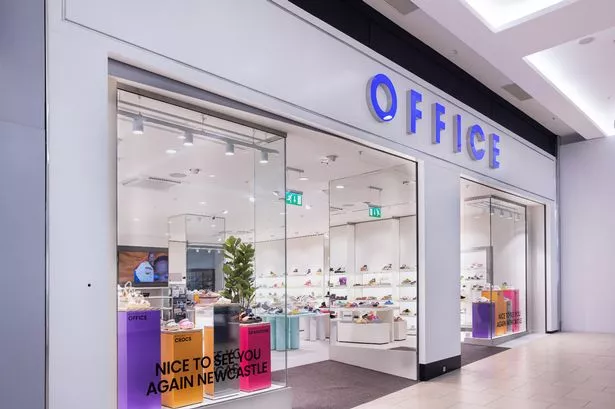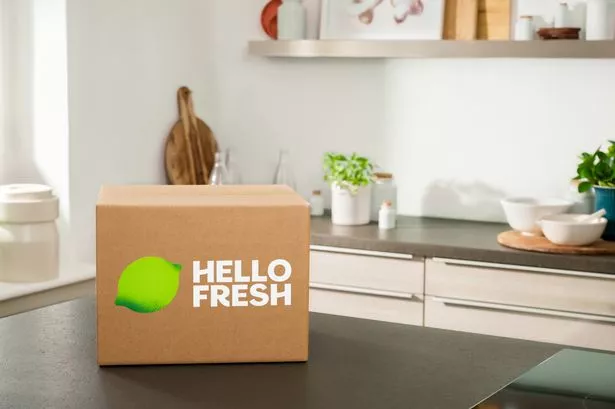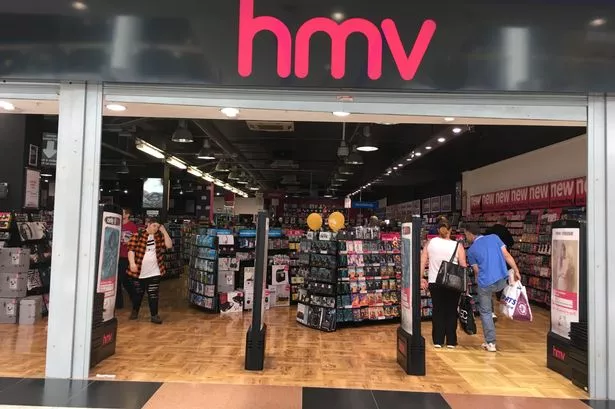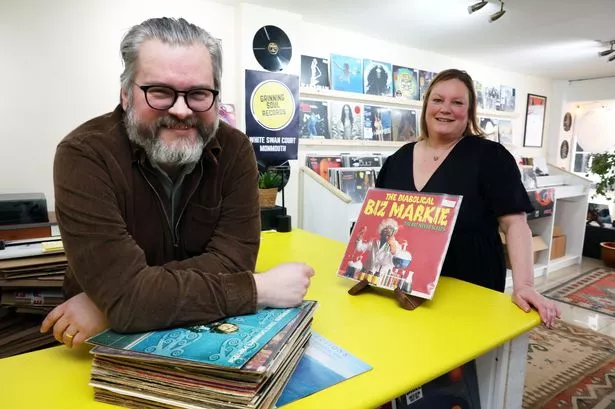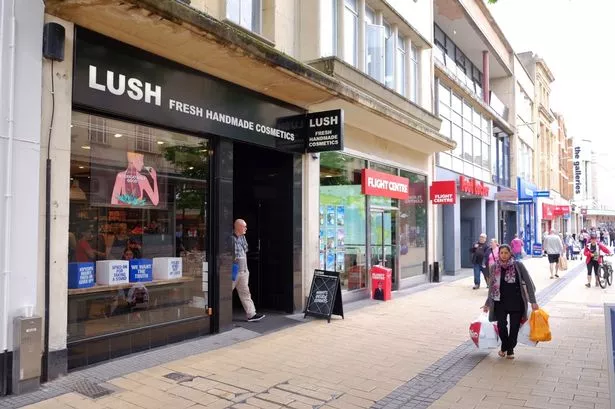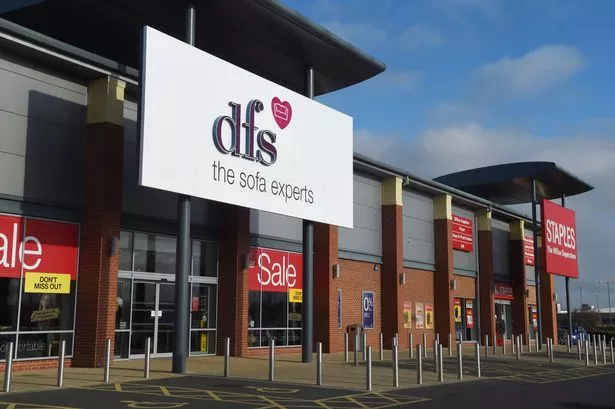
Brits lavished almost £1bn on flowers, gifts, and at-home meals this Valentine's Day as consumers opted for a special celebration within their own four walls rather than dining out.
The latest NIQ Till Tracker revealed that a total of £962m was spent on food and gifting, with notable increases in expenditure on flowers, toiletries, and perfumes, as reported by City AM.
"Retailers capitalised on the opportunities around Valentine's Day... With the pinch of the cost of living, many shoppers dined in to save money this year, with premium food options growing and themed meals and gifts very much in vogue for treating loved ones," commented Mike Watkins, Head of Retailer and Business Insight at NIQ.
The report also found that approximately one-fourth of purchases were promotional items, a trend towards value-for-money shopping that has persisted since the pandemic and intensified last September as consumer confidence waned.
Despite the lingering effects of the cost-of-living crisis, with inflation at 3.3 per cent in February and consumer confidence lower than the previous year, Watkins cautioned that with impending hikes in energy and council tax bills, "shoppers will [still] be looking carefully at their discretionary spend."
Energy prices are set to increase by 6.4 per cent in April due to a spike in wholesale costs, while London's council tax is expected to see a four per cent rise. Tesco, M&S, and Ocado emerged as the winners in February's grocery shopping arena.
Premium grocers, known for their high-quality take-home meals, experienced the most significant year-on-year growth in February.
Tesco's sales increased by 5.5 per cent year on year, accounting for over a quarter of the market.
However, this was slightly below the group's overall grocery market share of 27.8 per cent. Ocado and M&S saw sales growth of 16.1 per cent and 10.8 per cent respectively.
Both M&S and Ocado have benefited from their 50:50 joint venture (JV), which allows Marks to sell products via Ocado's delivery service. Ocado has a similar JV with Morrison's.
The strong results for M&S, representing about a tenth of the market, suggest that its premium rebranding effort, ongoing for half a decade, has been successful. On the other hand, Asda's sales have dipped again.
NIQ's findings mirror data from Kantar, which revealed that Asda's market share has dropped by approximately five per cent in the past year.
